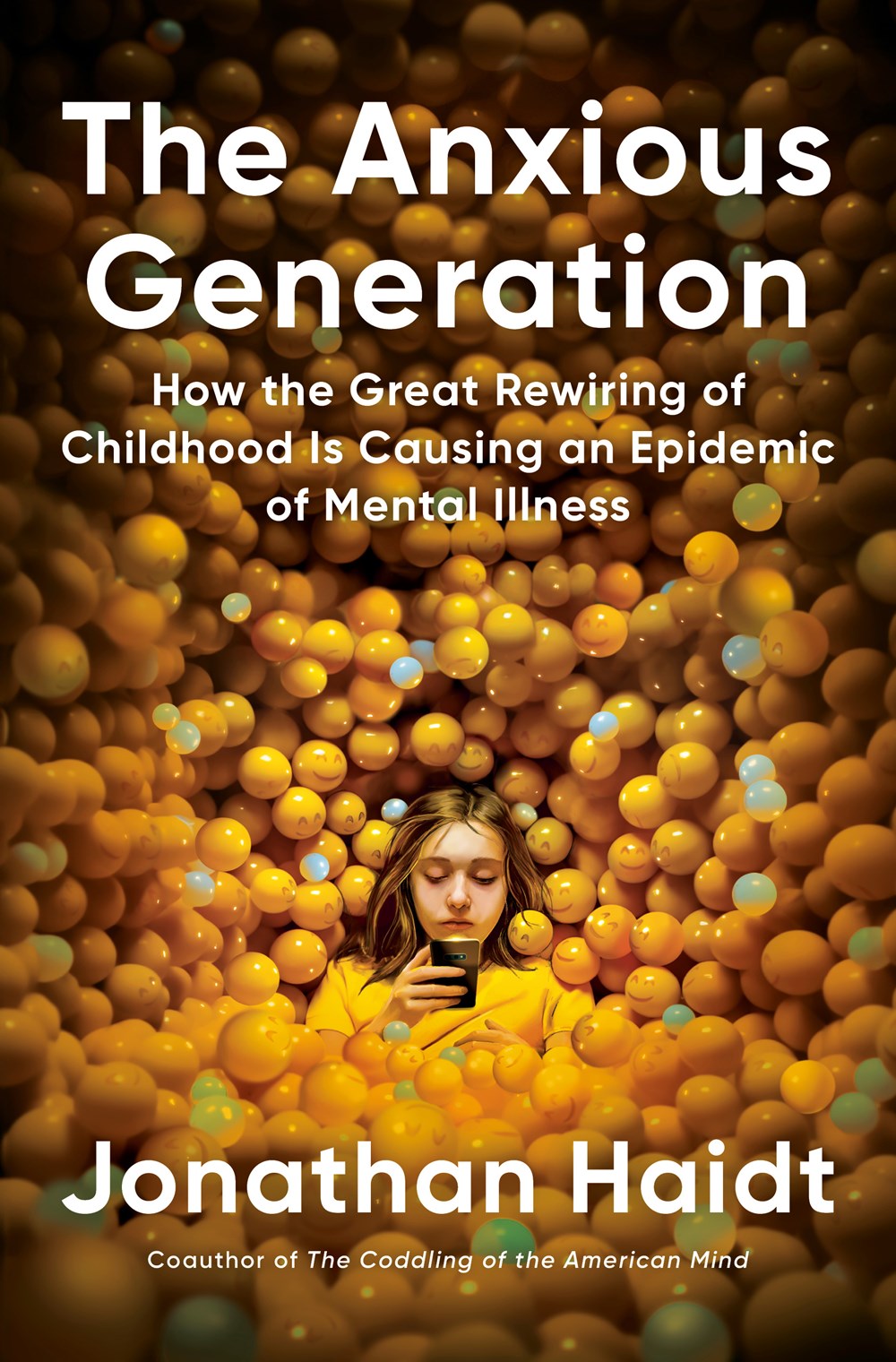2018 School Spending Survey Report
The Anxious Generation: How the Great Rewiring of Childhood Is Causing an Epidemic of Mental Illness
COPY ISBN
VERDICT A vigorous contribution to the conversation and discourse about how to protect youths from psychological and neurological damage linked to technology. For parents, educators, and tech decision-makers.
RELATED
ALREADY A SUBSCRIBER? LOG IN
We are currently offering this content for free. Sign up now to activate your personal profile, where you can save articles for future viewing




Comment Policy:
Comment should not be empty !!!